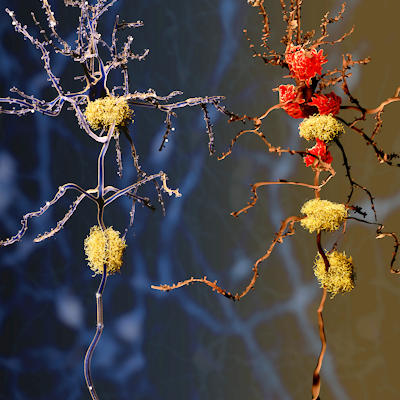 Stimulating immune cells around the brain could be Alzheimer's treatment
Stimulating immune cells around the brain could be Alzheimer's treatment
An immune-stimulating compound rejuvenates immune cells and improves waste clearance from the brain, which could help treat people with Alzheimer's, Parkinson's, and other neurodegenerative diseases, a study finds. Read More
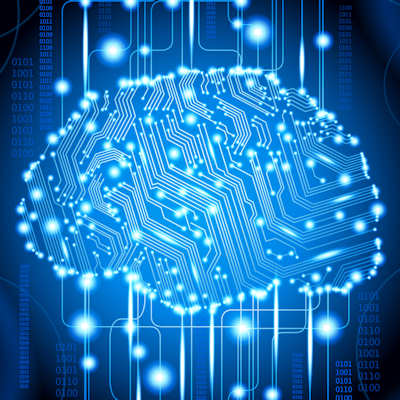 Scientists leverage data to develop cell atlas for human brain
Scientists leverage data to develop cell atlas for human brain
At the Neuroscience 2022 conference, researchers will present their findings for the development of a cell atlas -- a comprehensive reference of all cell types, including their location, shape, and distribution -- for the human brain. Read More
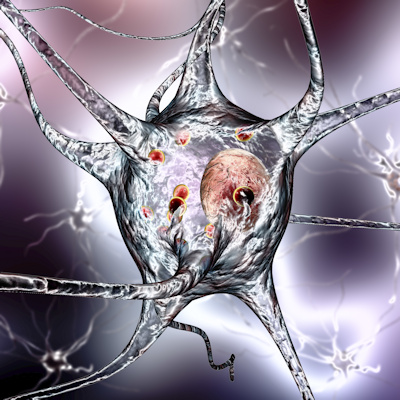 Dopamine ‘brake’ discovery may help treat Parkinson’s disease
Dopamine ‘brake’ discovery may help treat Parkinson’s disease
Researchers from Oregon Health & Science University have revealed that the neurotransmitter adenosine puts the brakes on dopamine in the brain, potentially facilitating new Parkinson’s disease treatments. Read More
 New radiopharmaceutical treatment targets prostate cancer
New radiopharmaceutical treatment targets prostate cancer
Osaka University and Dusseldorf University researchers have found that a new radiopharmaceutical treatment targeting prostate-specific membrane antigen -- a protein expressed on prostate cancer cell surfaces -- can zero in on tumor cells with precision. Read More
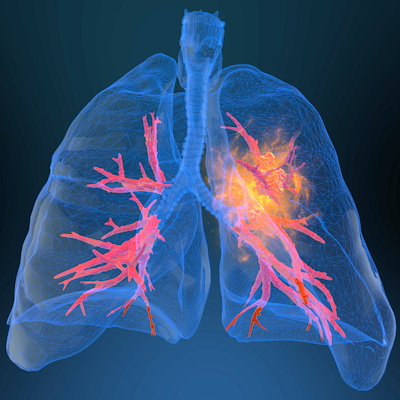 Key protein may help predict lung cancer patient survival: study
Key protein may help predict lung cancer patient survival: study
A team, led by researchers from the University of Edinburgh, has studied the role of the protein toll-like receptor 2 (TLR2) as a key tumor suppressor. Their findings, published November 8 in the journal Cell Reports, could aid in early detection of lung cancer. Read More
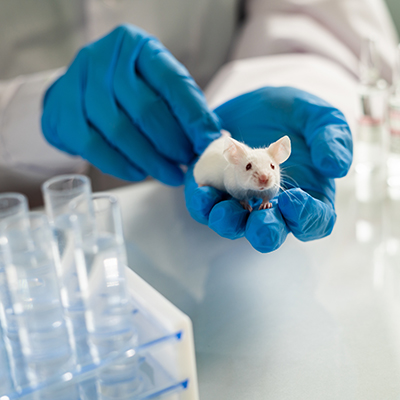 New insights on how HIV-1 evades the immune system
New insights on how HIV-1 evades the immune system
Université de Montréal researchers found that the type of virus used as a model significantly impacted the efficacy of non-neutralizing antibodies against the AIDS virus in mice. Read More
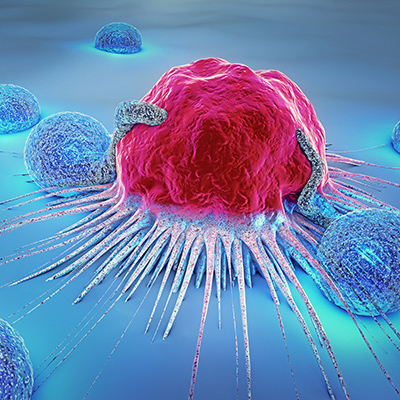 Sugar molecules targeted in cancer therapy
Sugar molecules targeted in cancer therapy
University of Basel researchers have discovered a way to neutralize cancer cells' use of sugar molecules to disable attacks by the body's immune system. The study, published on November 2 in the journal Science Translational Medicine, may provide a new immunotherapy target. Read More
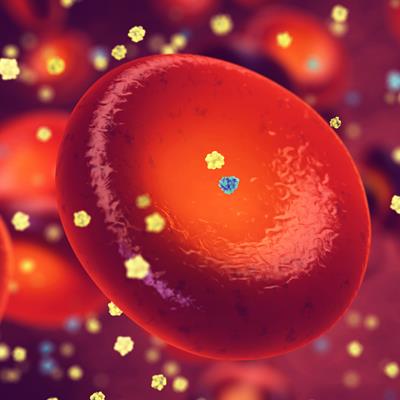 Researchers identify diabetes-causing mechanism in mice
Researchers identify diabetes-causing mechanism in mice
Osaka University researchers have identified a mechanism in which a lack of insulin is reported back to insulin-producing pancreatic cells. The research on mice, published on November 7 in the journal iScience, identifies potential new targets for diabetes therapy. Read More
 Unexplored genomic region holds key to congenital hyperinsulinism
Unexplored genomic region holds key to congenital hyperinsulinism
University of Exeter scientists have discovered the cause of a rare condition within a previously unexplored part of the genome. Their findings, published November 4 in the journal Nature Genetics, may also help unlock the causes of other rare conditions. Read More
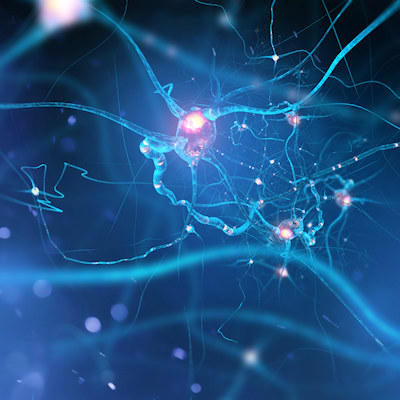 Sex differences impact neurodegeneration
Sex differences impact neurodegeneration
For neurodegenerative diseases, one size does not fit all, and that’s why UCLA researchers have emphasized the importance of taking sex differences into account in a new study. The effect of certain X chromosome genes in females (XX) compared with males (XY) can be assessed for their role in neurodegeneration during aging, thus offering a roadmap for clinicians in treating these diseases. Read More
Member Rewards
Earn points for contributing to market research. Redeem your points for merchandise, travel, or even to help your favorite charity.
Research Topics
Interact with an engaged, global community of your peers who come together to discuss their work and opportunities.
Connect
Tweets by @ScienceBoard



